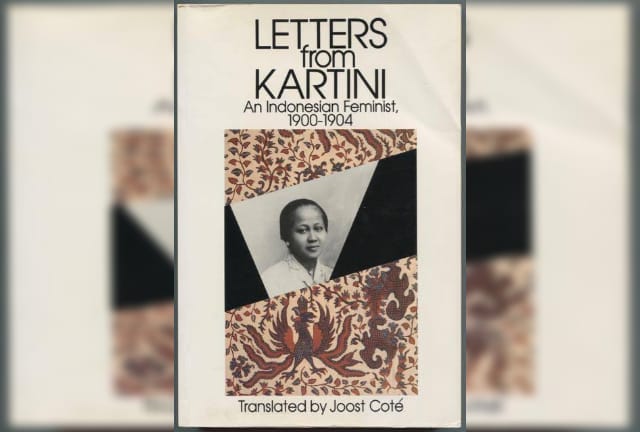Gender Equality and Feminism: Connecting SDGs to the Studies of English Literature in Indonesia

By Zulfikar Muria Timur
In modern times, gender equality has become highly important around the world; it is even echoed in the United Nations' Sustainable Development Goals (SDG), specifically Goal 5, which concerns empowering women and girls. For Indonesian students in the area of English Literature, this may become one very important topic since it touches on some cultural, social, and literary features. Literature will, therefore, provide insight into how gender roles have been portrayed through the ages and show how literature can challenge societal norms. The exciting opportunity is thus given to students for a critical examination of the portrayal of women in Indonesian and global texts and to explore how literature can act as a catalyst for social change.
Through current studies, feminist theory developed as a helpful framework with which to critique literature because of the way it was perceived or questioning gender. Classic works of Indonesian literature, such as the Letters of Kartini, introduced early feminist notions, whereas more contemporary works, such as Ayu Utami's Saman, portray women boldly pushing the boundaries against a traditional role. In these texts, students learn how gender norms have been reinforced and resisted in Indonesian society, which helps students better understand the struggle for equality that is ongoing. This type of critical analysis will help students go beyond the text into questioning how those issues take place within an everyday living perspective.
Besides literary analysis, writing on gender equality is of great importance. Students are free to research papers, articles, or creative works on gender dynamics that may express their own contribution to the academic and public discourse. One example could be an examination of the gender dynamics in Indonesian literature and how they compare to those found in Western feminist texts; this might be very enlightening towards different views of feminism and the particular challenges Indonesian women face. Writing about such issues not only enriches our skills but also challenges us to reflect more profoundly on how literature reflects and shapes society.
By learning and writing about gender equality, students are also preparing themselves for the real world. Whether they want to become a journalist, teacher, writer, or researcher, discussing and understanding these issues will come in handy with any career. Engagement with feminism and the SDGs by students for meaningful change in communities can help in the creation of a more just and equal future for all. This is so important to be undertaken in Indonesia, which is a diverse country, as the theme of gender equality gives great opportunity for development in many different aspects of society.